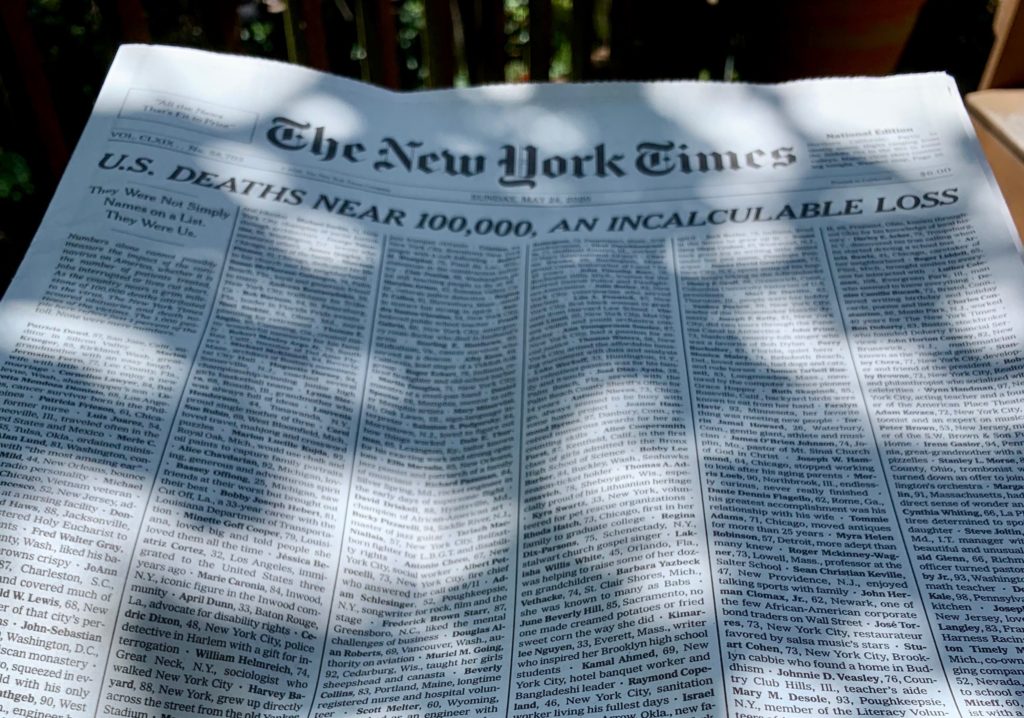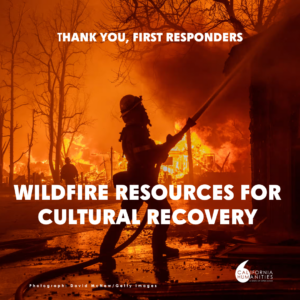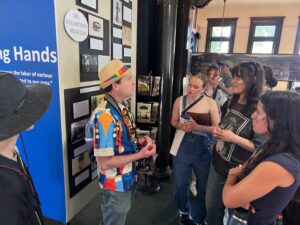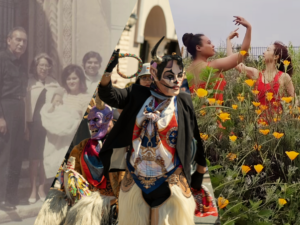To the California Humanities Community,
Here we are, together in an unprecedented moment in global history. It’s all we can talk about, in our Brady Bunch video meetings online, on our phone calls with friends, around the dinner table, as we try to manage childcare and homeschooling and economic hardship. We couldn’t have imagined a few short (or is it a few long?) months ago that so many people across the globe would come together in an act of civic duty and personal responsibility by staying home.
Sometimes I crave normalcy, the ability to talk to my kids far away in their respective cities and tell them, like I used to, about a great concert I went to, or how I decided to stay home this weekend and clean out the garage.
And then something reminds me not to look away, not to lose focus. It might be something I see on television, like the recent national high school graduation, with our inspiring young people looking to the future with hope and creativity. It might be an interaction with an essential worker over the phone or in person, connecting with each other, at a distance, behind our masks. Sometimes it’s a piece of journalism, or an editorial decision, that takes my breath away. The New York Times just published four pages – including the entire front of the newspaper – with the names and details of a fraction of the people across the country who have lost their lives due to the COVID-19 pandemic. The loss in such a short time is tragic and unimaginable, and our thoughts are with families and loved ones.
We’re experiencing the humanities – connection, understanding, ideas, diverse perspectives, philosophy, individual and community stories – in such an intense way, that when people suggest that this really isn’t the time for the humanities, or the arts, culture, history, we have to keep our focus and ask, “when better?”
We know things will be different on the other side of this, and while we don’t know what it will look like, we know that the humanities will help to lead us through. What we learn during this time about ourselves and each other will prepare us for that future.
Take a look at our Humanities at Home that we add to regularly for other ways to connect with the humanities around you.
Take good care,
Julie Fry
President & CEO, California Humanities






